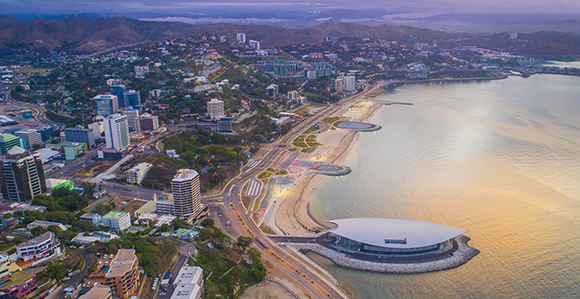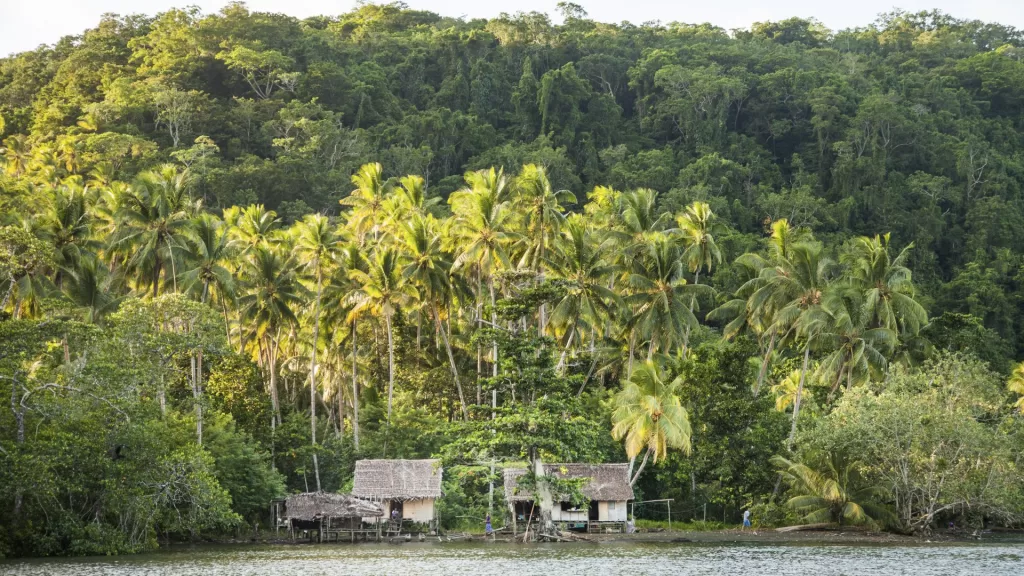Guinea Country Report

Guinea, located in West Africa, is known for its rich cultural heritage, diverse landscapes, and significant mineral resources. The country’s capital and largest city is Conakry. Guinea’s economy relies heavily on agriculture, mining (particularly bauxite), and fishing. However, despite its natural wealth, Guinea faces numerous challenges including poverty, political instability, and healthcare deficiencies. The country has a history of authoritarian rule, although efforts towards democratic governance have been made in recent years. Guinea’s political landscape is characterized by a multi-party system, with periodic elections determining the composition of the government. The country also faces environmental challenges, including deforestation and desertification. Overall, Guinea’s potential for economic development is significant, but progress is hindered by various socio-political and economic factors.
Last updated: September 29, 2022
Security
Guinea faces various security challenges, including political unrest, civil unrest, and occasional outbreaks of violence. While the country has seen improvements in recent years, including successful democratic transitions of power, occasional protests and demonstrations can lead to tensions and unrest. Additionally, Guinea shares borders with countries experiencing instability, such as Mali and Ivory Coast, which can have spill-over effects on security within Guinea. Crime rates, including petty crime and theft, can also pose concerns, particularly in urban areas. Despite efforts by the government to improve security, challenges persist, and travelers are advised to remain vigilant and stay informed about the local situation when visiting Guinea.
Last updated: September 29, 2022
Infrastructure

Guinea’s infrastructure is generally underdeveloped, particularly outside major urban centers. The road network, while improving, is often in poor condition, especially in rural areas, making transportation challenging. Limited access to electricity and clean water is also common, with many rural communities lacking basic infrastructure services.
The country’s healthcare and education systems suffer from a lack of investment and resources, resulting in inadequate facilities and services. Guinea’s ports and airports, however, serve as vital transportation hubs for regional trade and travel. Despite ongoing efforts to improve infrastructure, significant investments are needed to address the country’s infrastructure deficiencies and support sustainable development.
Last updated: April 3, 2023
Environment

Guinea’s environment is diverse and rich in natural resources, including vast tropical forests, savannas, and coastal ecosystems. However, environmental degradation, deforestation, and soil erosion pose significant challenges to the country’s ecosystems. Guinea’s biodiversity is threatened by habitat loss, illegal logging, and unsustainable agricultural practices. Additionally, Guinea is susceptible to climate change impacts, including increased temperatures, unpredictable rainfall patterns, and rising sea levels, which exacerbate existing environmental challenges. Efforts to address these issues include conservation initiatives, reforestation projects, and sustainable land management practices. International partnerships and agreements also play a role in promoting environmental protection and climate resilience in Guinea. Despite these efforts, ongoing vigilance and action are needed to safeguard Guinea’s natural heritage for future generations.
Last updated: March 14, 2022
Health and Medical
Guinea faces significant challenges in its healthcare sector, including limited access to medical services, inadequate infrastructure, and shortages of medical personnel and supplies. The country’s healthcare system is under-resourced and struggles to meet the needs of its population, particularly in rural areas. Infectious diseases such as malaria, tuberculosis, and cholera are prevalent, while maternal and child health indicators remain poor. Access to clean water and sanitation facilities is also limited, contributing to the spread of waterborne diseases. Additionally, Guinea has faced outbreaks of diseases such as Ebola and Lassa fever in recent years, highlighting the country’s vulnerability to public health emergencies. Efforts to improve healthcare delivery and infrastructure are ongoing, but significant investments and international support are needed to address the systemic challenges facing Guinea’s healthcare sector.
Last updated: March 14, 2022
Political
Guinea is a West African country with a diverse cultural heritage and significant mineral resources. It faces challenges in various aspects, including political stability, healthcare, infrastructure, and environmental conservation. The country has made efforts towards democratic governance but continues to grapple with issues such as corruption and human rights abuses. Guinea’s healthcare system is under-resourced, and its infrastructure, particularly outside urban areas, is limited. Environmental degradation and climate change impacts further compound the country’s challenges. Despite these obstacles, Guinea has potential for development and progress with the support of international assistance and sustainable policies.
Last updated: April 14, 2022















